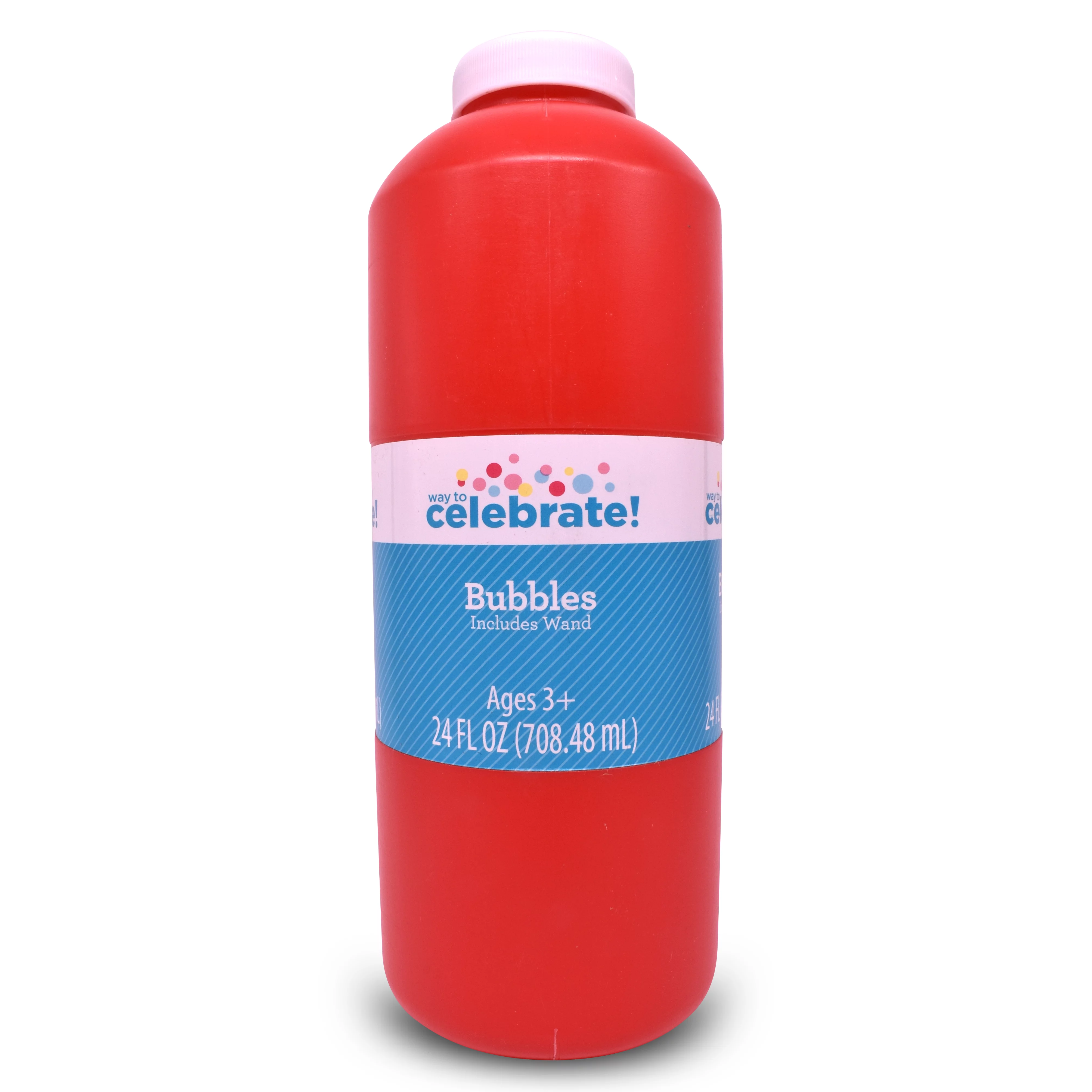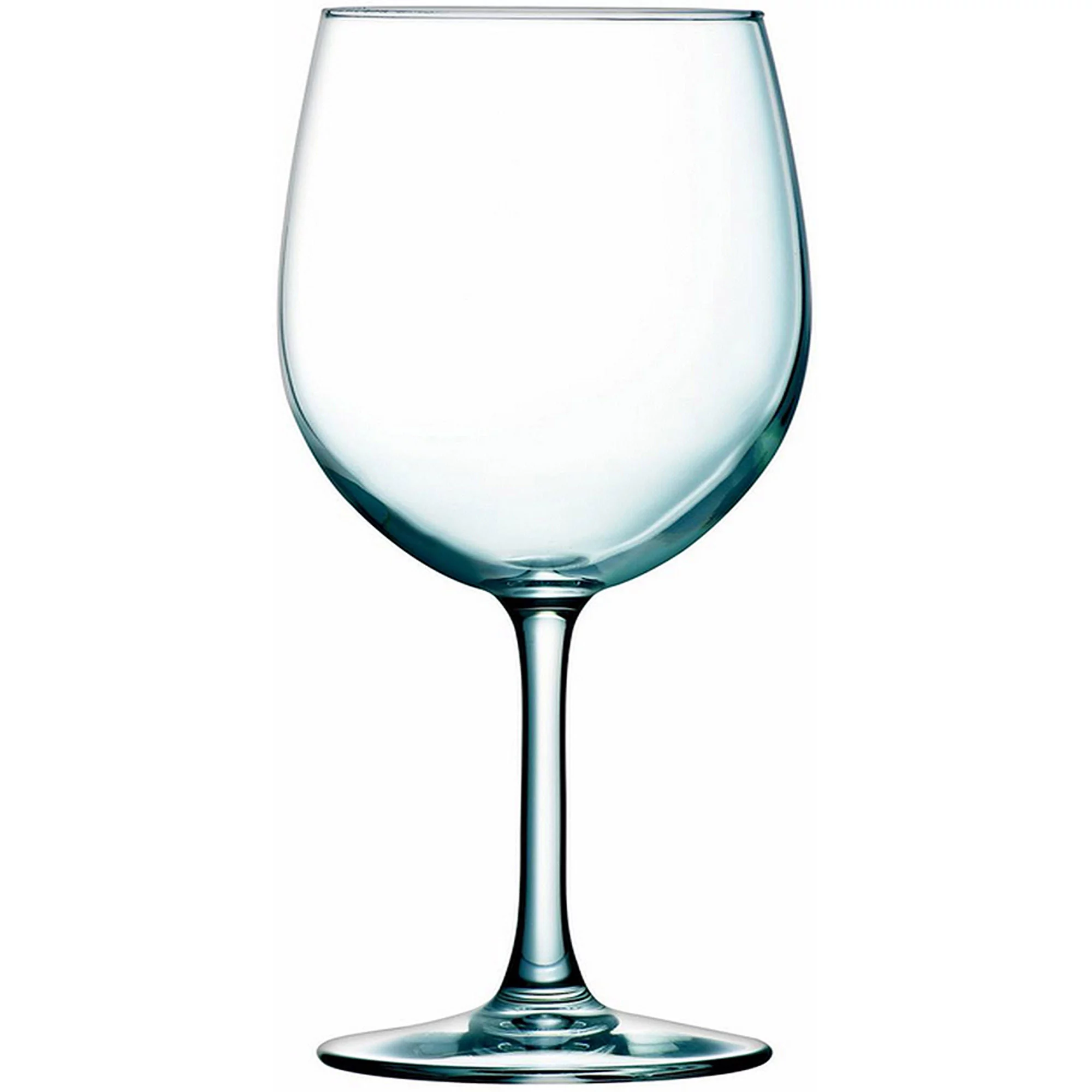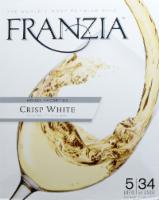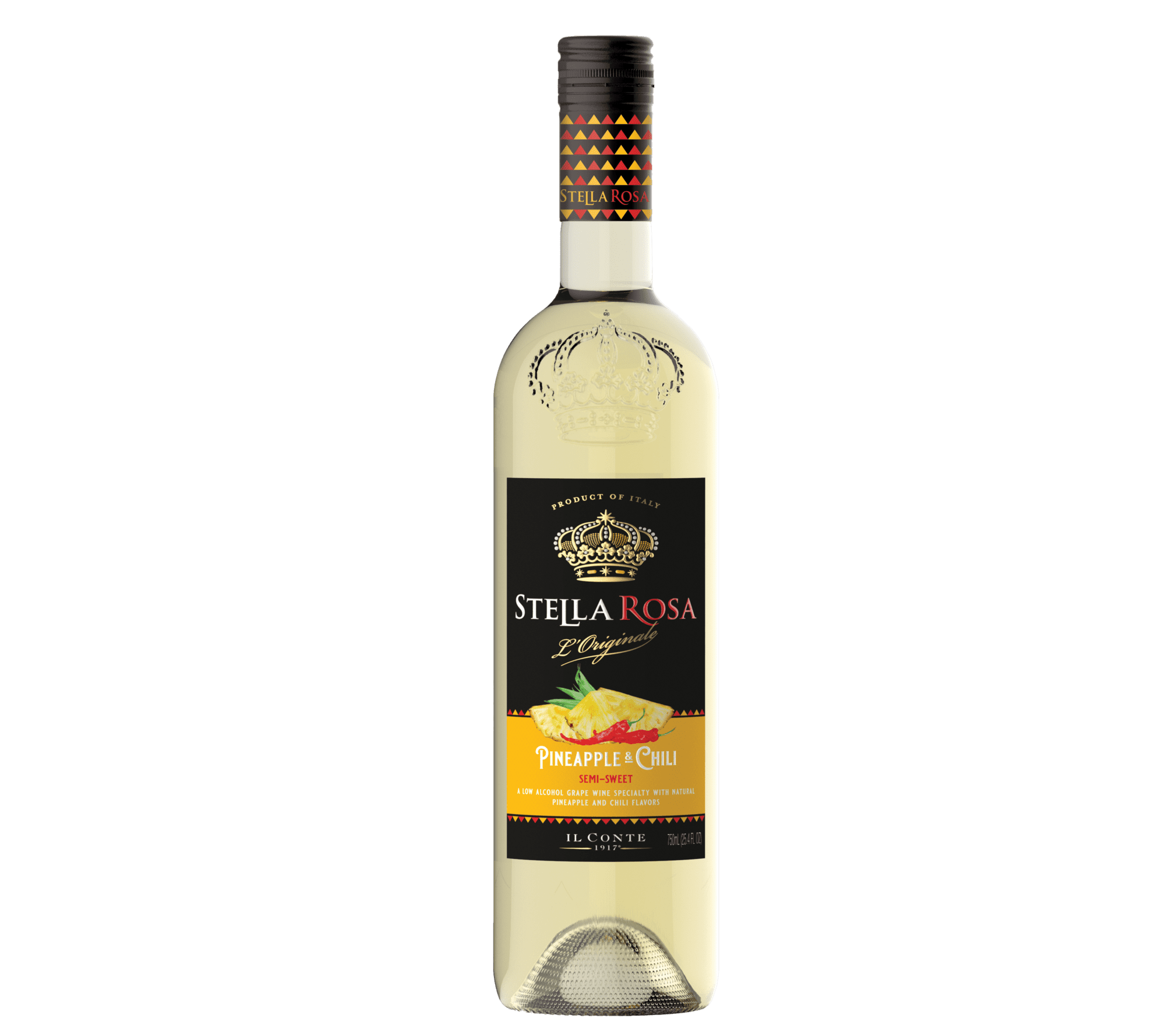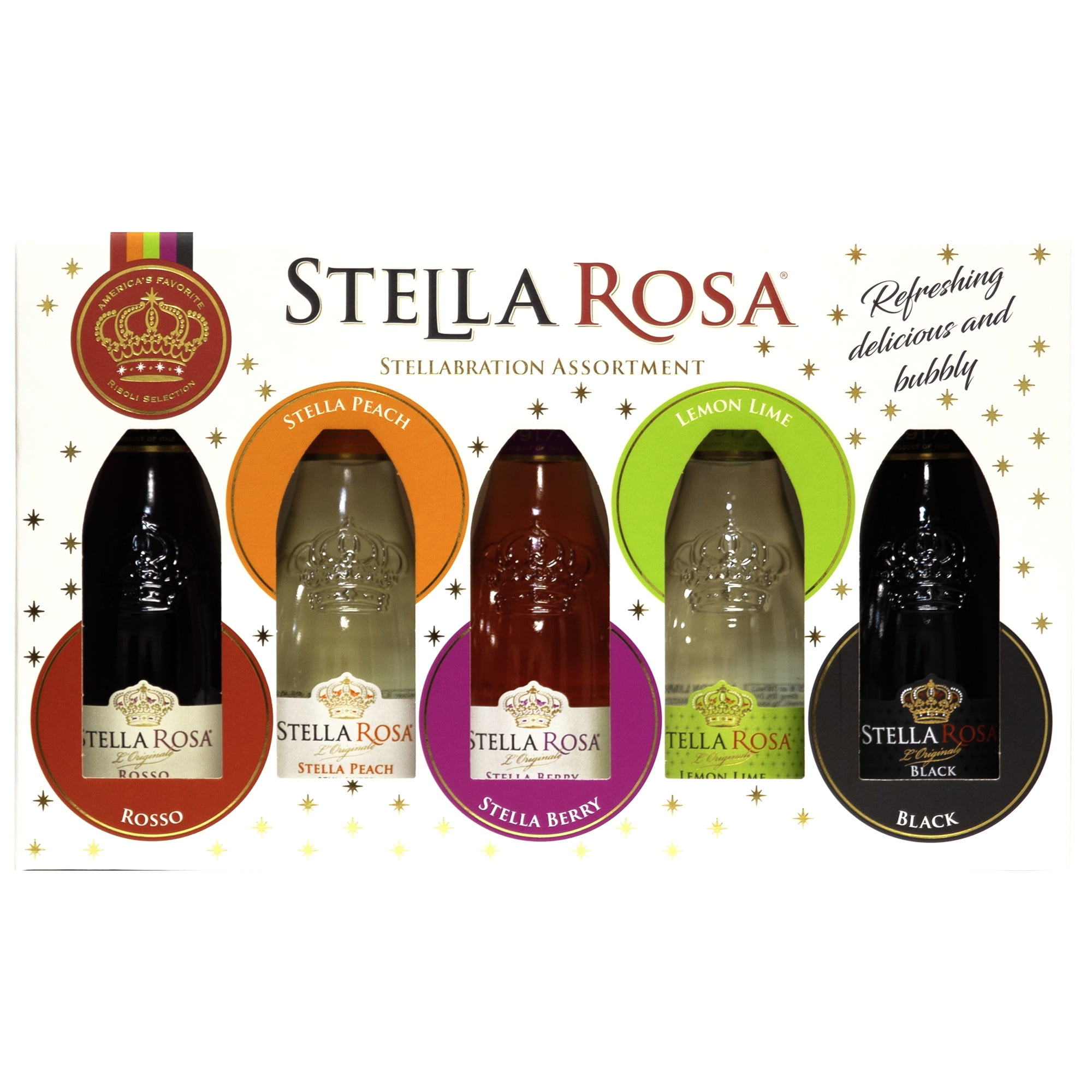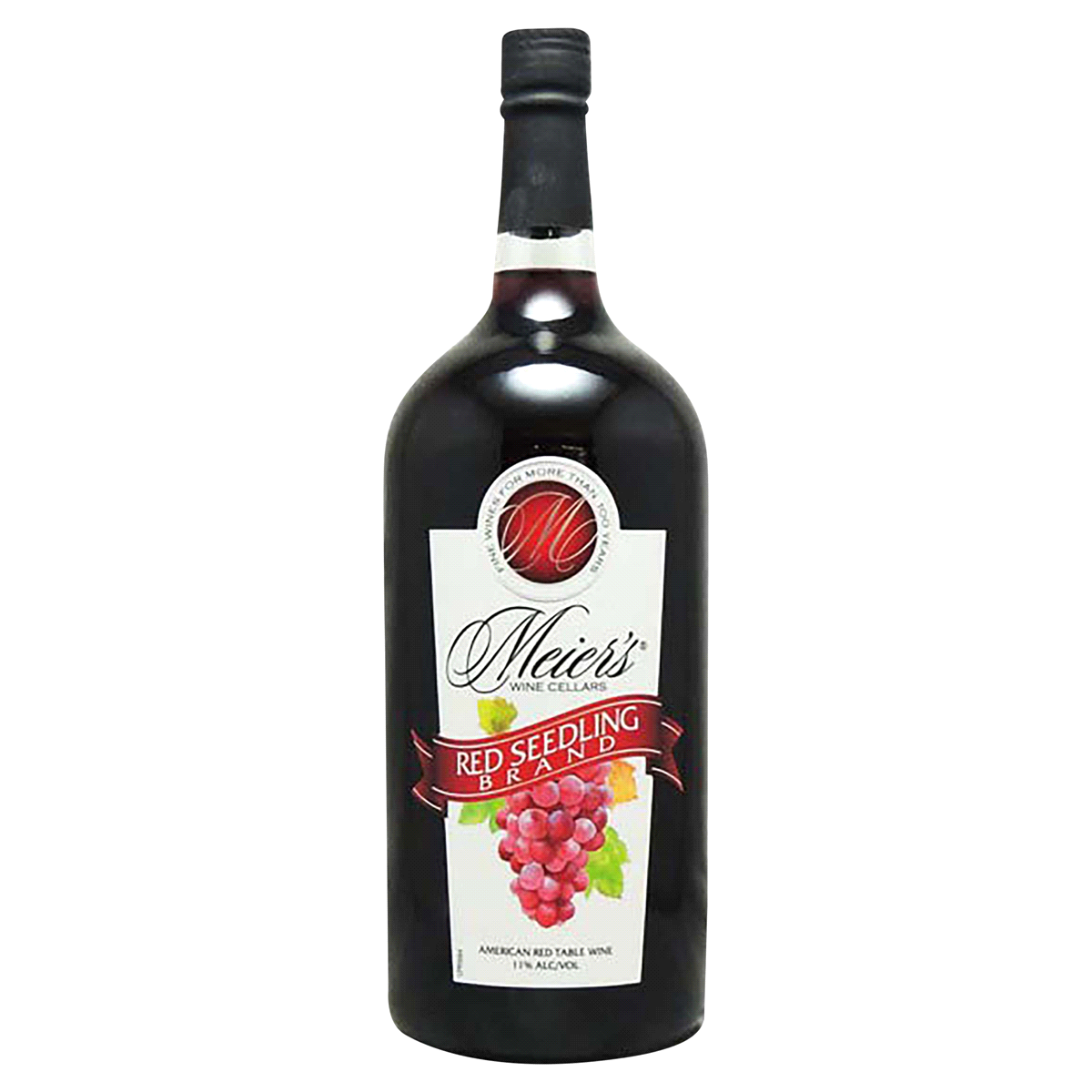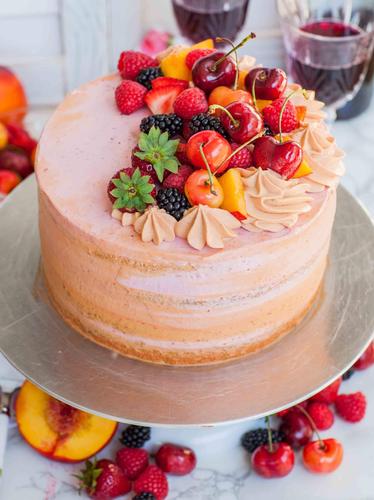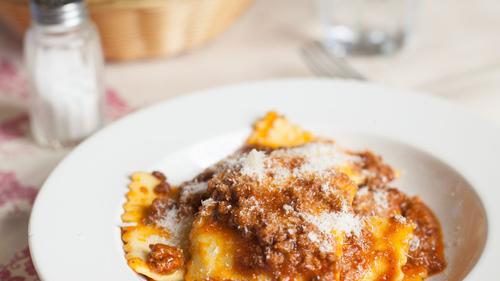BEVERAGES
CONDIMENTS AND SAUCES
DESSERTS
Wine
Wine is an alcoholic beverage made predominantly from fermented grapes and is one of the world's oldest and most beloved drinks. Different types of wines, such as red, white, and rosé, are produced through various processes and can be found in a multitude of varieties that cater to diverse tastes and preferences.
For home cooks and consumers, wine can be enjoyed as a standalone beverage or paired with various dishes to enhance the dining experience. Wines can also be used in cooking, bringing out unique flavors and aromas in sauces, marinades, and more.
97%
CARBS
0%
FAT
3%
PROTEIN
3,234 Wine Products
Bubble - 1 Bottle/Pack
Glass Spray Bottle, 1 Count
Alto Stemmed Wine Glass, 1 Count
Cachet Stemless 19-oz Wine Glass
Franzia Wine White Crisp White - 5 Liter
Stella Rosa Pineapple Chili Semi-Sweet
Stella Rosa Stellabration Semi-Sweet Wine Assortment Gift Pack VAP 2023, 5Pk
Ferrari-Carano Siena Sonoma County
Mogen David Concord Wine, 1.5 lt
Meijer Red Seedling Wine, 1.5 L
Used In 6 Recipes
Wine Is Frequently Used With
Wine FAQ
Wine, whether it's red, white, or rosé, can be a great addition to many dishes, contributing depth and complexity. Often, people go wrong by using poor quality wine for cooking. As a rule of thumb, if you wouldn't drink it, you shouldn't cook with it. Also, people may overuse wine in a dish which can overpower other flavors. Using wine in cooking doesn't necessarily add any alcoholic content to the dish as the alcohol typically evaporates during cooking, leaving only the flavor behind.
To get the most out of wine, choose a type of wine that compliments the ingredients you're using. For instance, delicate dishes like fish work better with white wines, while heavier dishes like stews could benefit from red wine's robust flavors. For desserts, a sweet wine might be perfect.
A kitchen hack to remember is you can freeze leftover wine in ice cube trays for later use. These can be directly added to dishes while cooking, which is great for single servings or smaller recipes. These 'wine cubes' can be kept for up to three months.
Another little-known tip is using wine as a replacement for fat in recipes. When sautéing or frying, a small amount of wine can be used to keep foods from sticking to the pan, providing flavor while reducing the total fat content.
Wine's acid content can also help tenderize meat. It can be used as a marinade or added during slow cooking.
What type of wine is best for cooking?
Can I use leftover wine for cooking?
Does all the alcohol burn off when cooking with wine?
Is cooking wine the same as regular wine?
Can wine go into desserts?
Can I substitute red wine for white wine in a recipe (or the other way around)?
What if I don't have wine? What can I substitute?
Can I use cheap wine for cooking?
Do I add the wine at the beginning or end of cooking?
What does 'reducing wine' mean in a recipe?
Expiration & Storage Tips
When does wine expire?
Once unopened, wine can last 1-2 years beyond its labeled expiration date, if properly stored. Red wines generally have a longer shelf life than white or rose wines. After opening a bottle of wine, it generally lasts 1-3 days if kept in a refrigerator. Fortified wine like Port, Madeira, or Sherry can be enjoyed up to a week or more after opening. For frozen homemade wine cubes, once in the freezer, they can retain quality for about 3-6 months. They're safe indefinitely, but quality may deteriorate.
How do you tell if wine is bad?
A good rule of thumb to determine whether wine has gone bad is to trust your senses. Start by looking at it. If the color is brown, or if there is a sort of haziness or cloudiness, it might be bad. For smell, if it has a scent of vinegar, rotten eggs or vegetables, wet newspaper, or a damp, moldy smell, it's most likely gone off. Lastly, the taste. A nice mouthful of sour, tangy or oxidized wine will be your final confirmation that your wine has indeed gone bad.
Tips for storing wine to extend shelf life
• Store unopened bottles in a dark, slightly damp and cool environment - ideally at 55°F (12.8°C). The ideal humidity is 70% as less may cause corks to dry out.
• Store the bottles horizontally if they have corks to prevent the cork from drying out, which could result in the wine being oxidized.
• Avoid storing wine near strong odors. Wine corks are porous and can absorb smells which could affect the flavor of the wine.
• Once opened, re-cork the bottle tightly or use a wine stopper and refrigerate it to slow down the oxidation process.
• If you regularly consume wine but are unable to finish an opened bottle, a good technique is to pour the remaining wine into an ice cube tray and freeze it. This way, you can use individual wine cubes for cooking or add to your next glass of the same wine.
EXPIRES WITHIN
27 - 27.4
YEARS
Equivalents
Substitutes

Sparkling Wine

Pink Moscato Wine

Moscato Sparkling Wine

Rioja Red Wine

Rose Sparkling Wine

Sweet Red Wine

Rose Wine

White Zinfandel Wine

Champagne

Prosecco Sparkling Wine
See All
Health Info
Macros
3g
CARBS
0g
FAT
0g
PROTEIN
Allowed on these diets
LOW FAT
HIGH CALCIUM
VEGETARIAN
KETO
MEDITERRANEAN
LOW CARB
VEGAN
LACTOSE FREE
GLUTEN FREE

